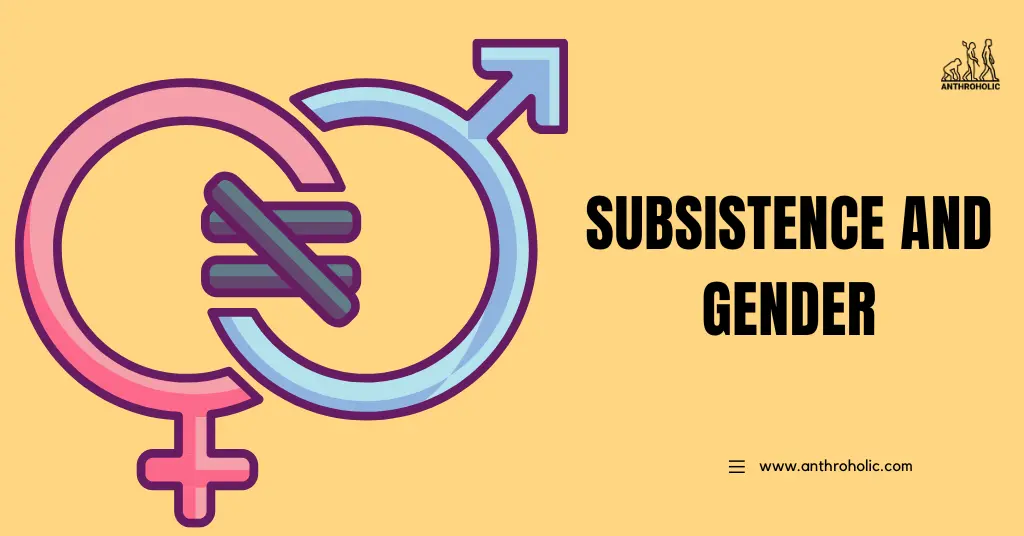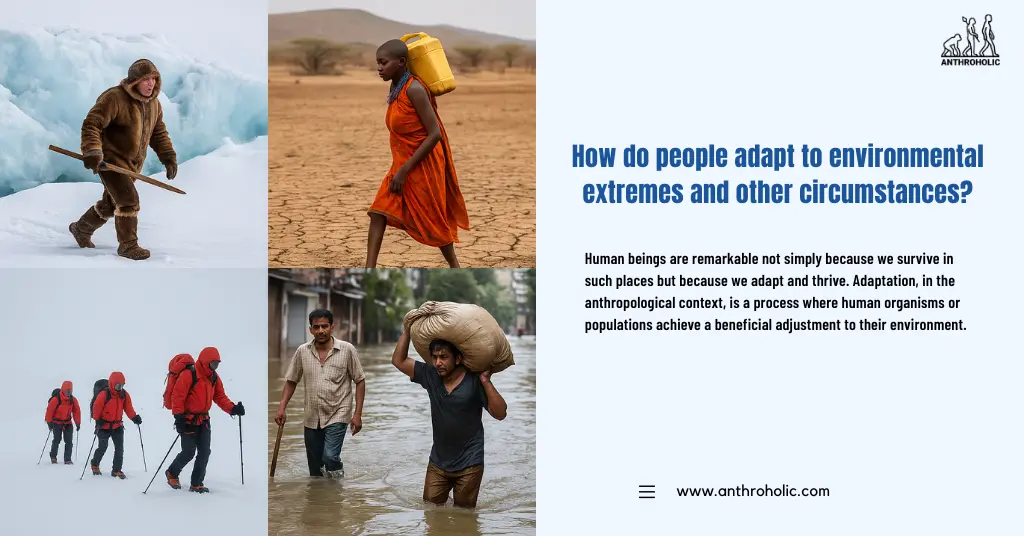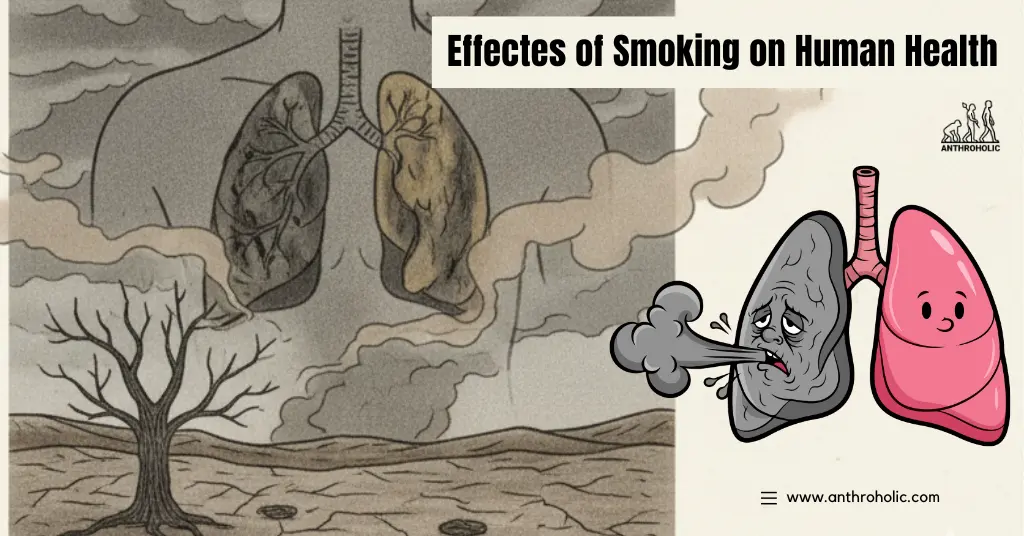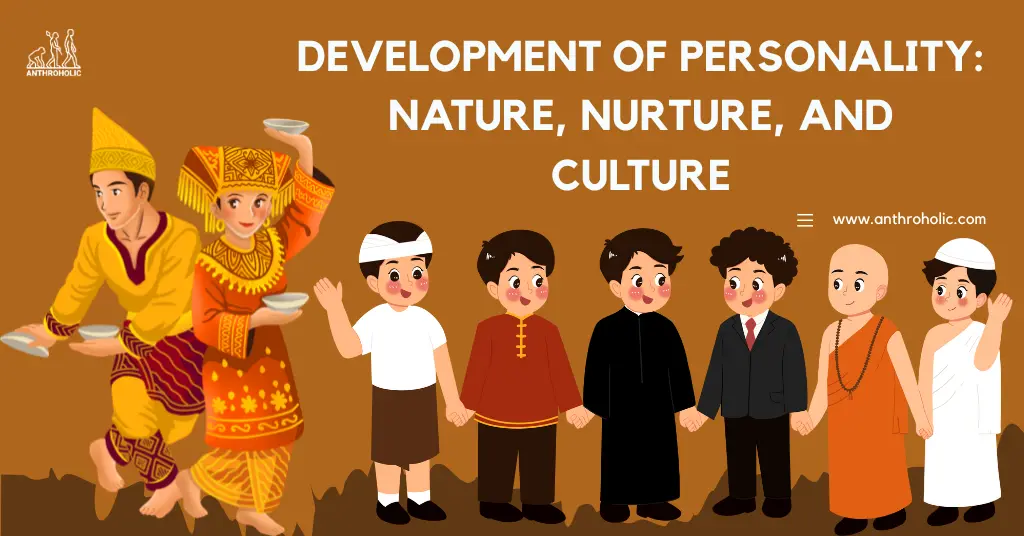AI Answer Evaluation Platform Live Now. Try Free Answer Evaluation Now

Subsistence and Gender
Subsistence and Gender is a core thematic area in anthropology that examines how different modes of food production such as foraging, horticulture, pastoralism,










